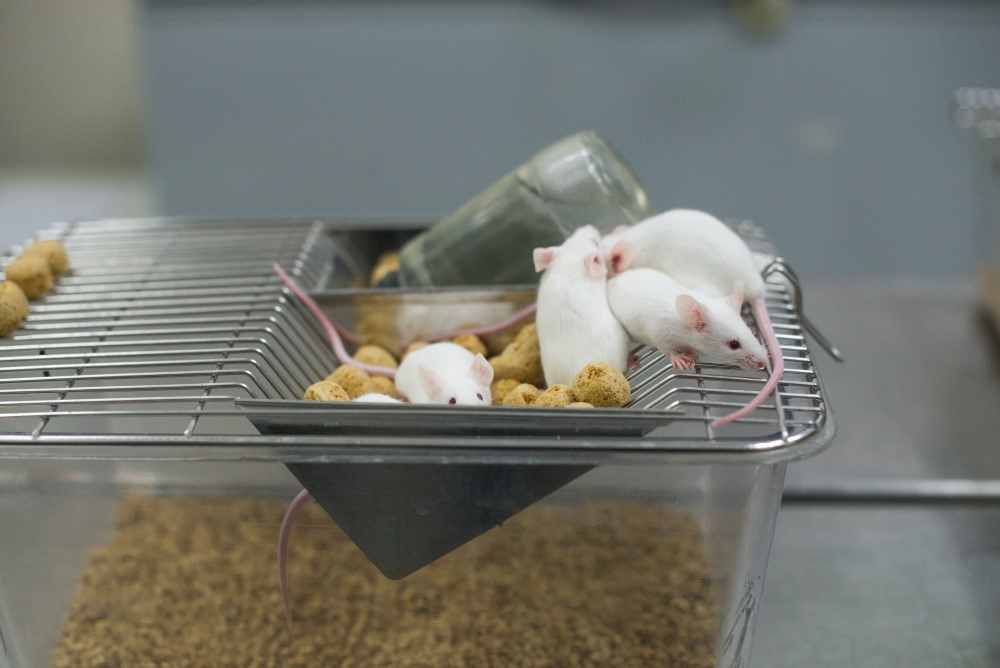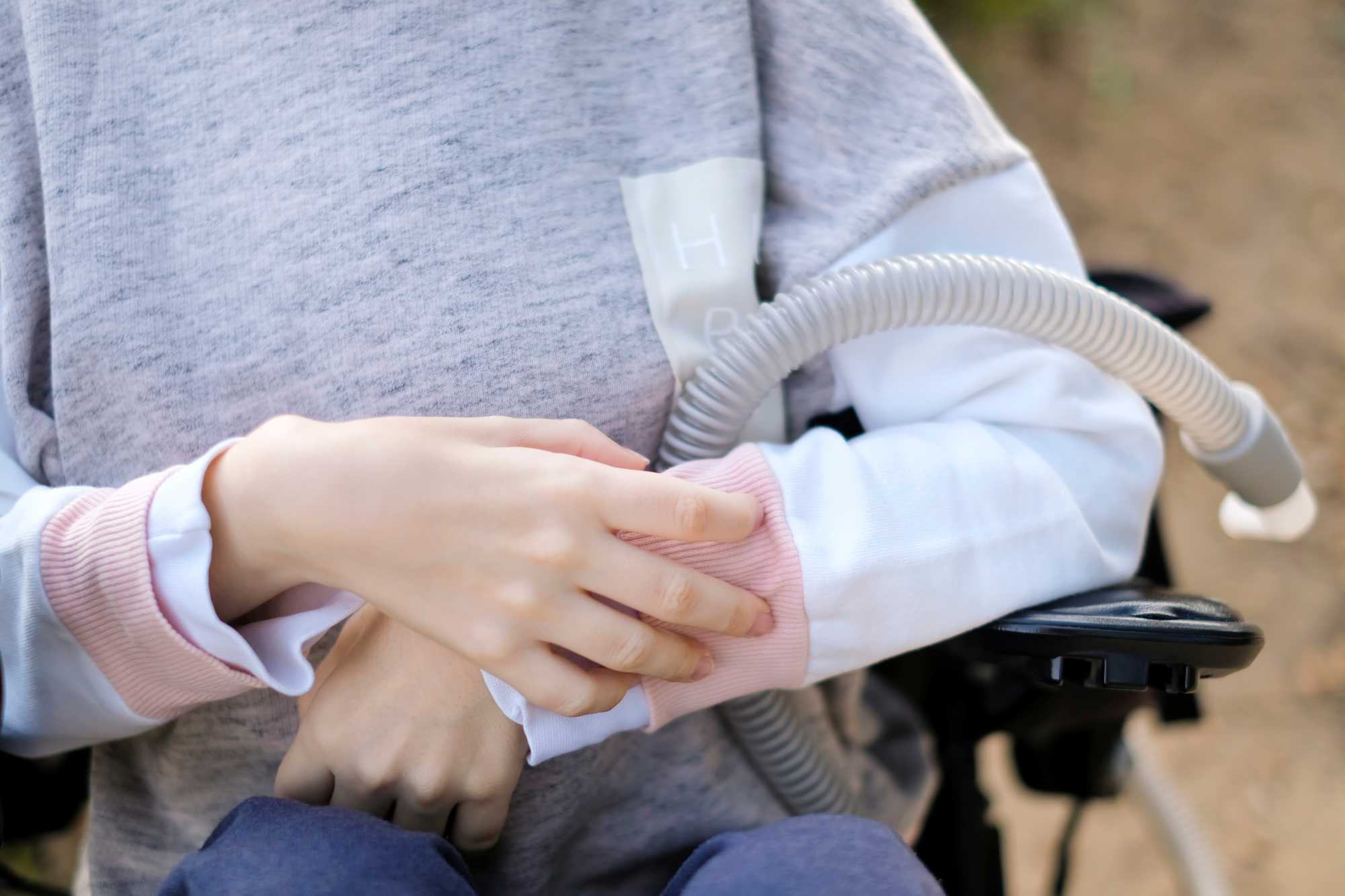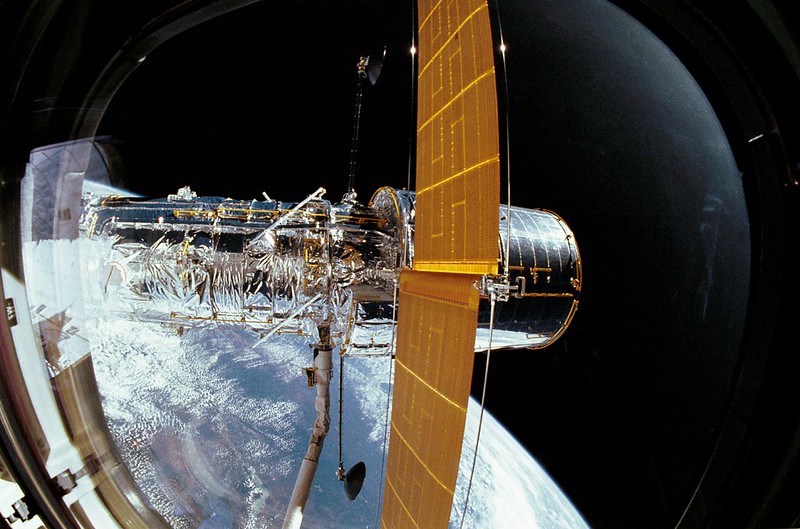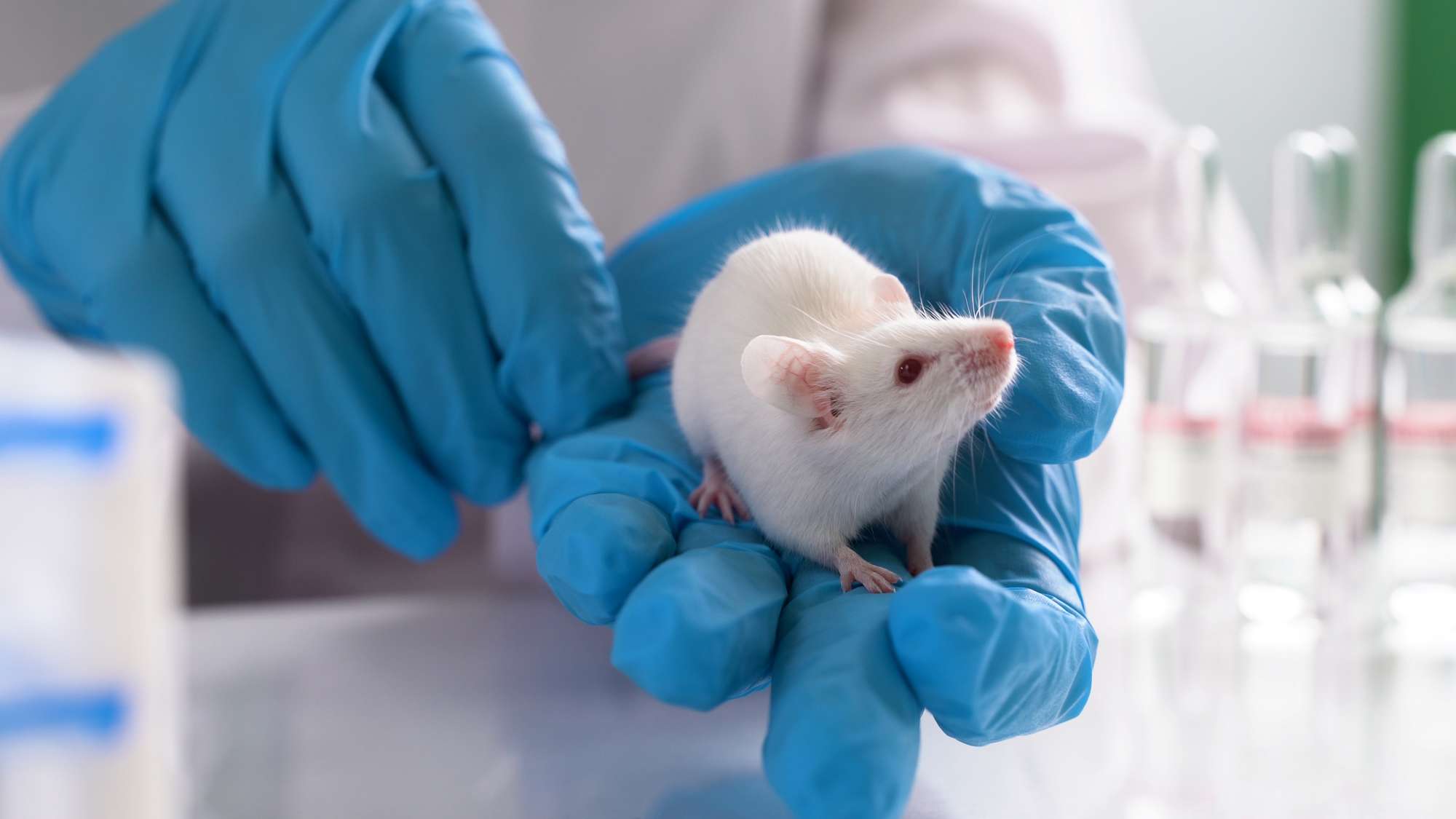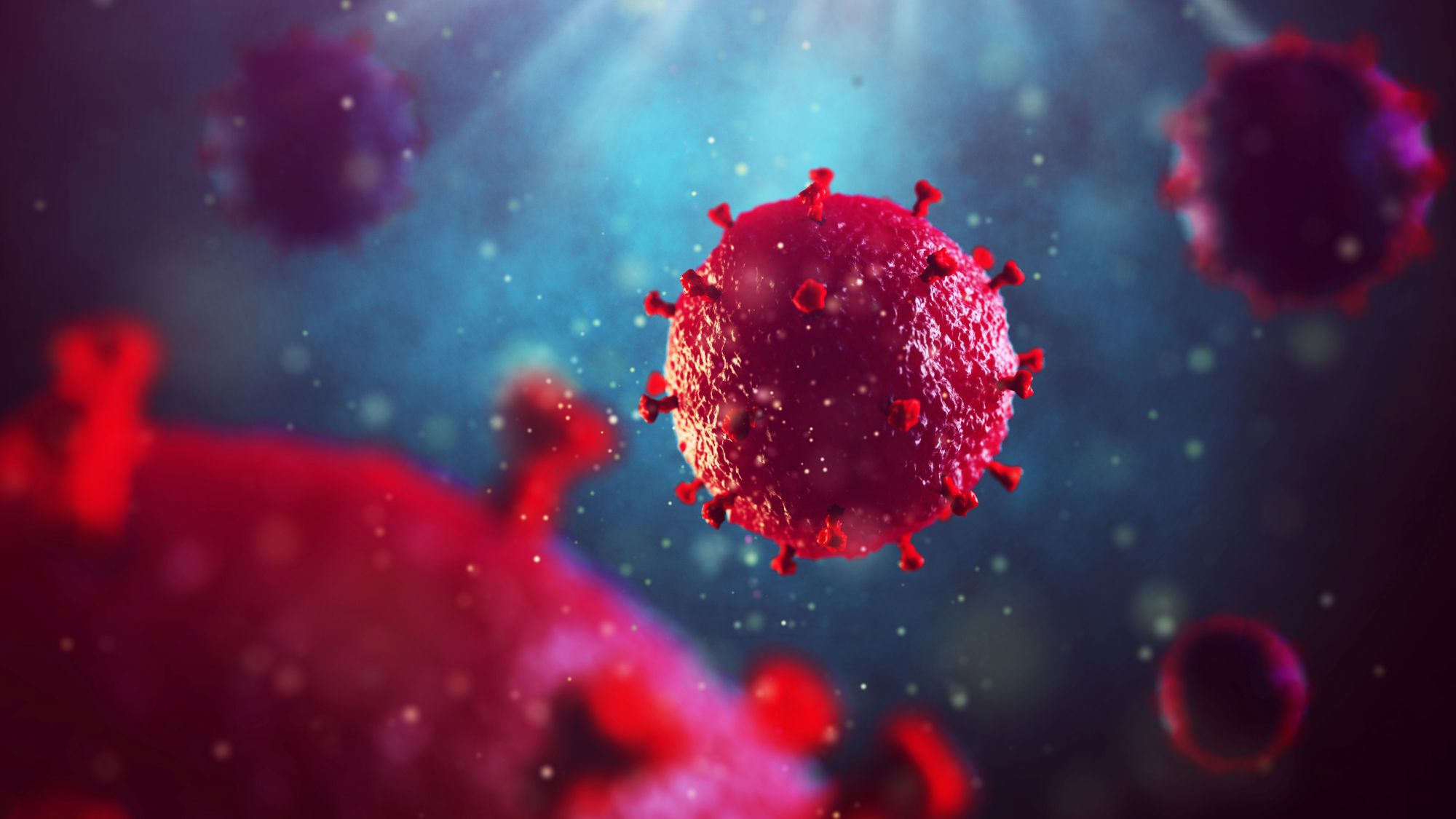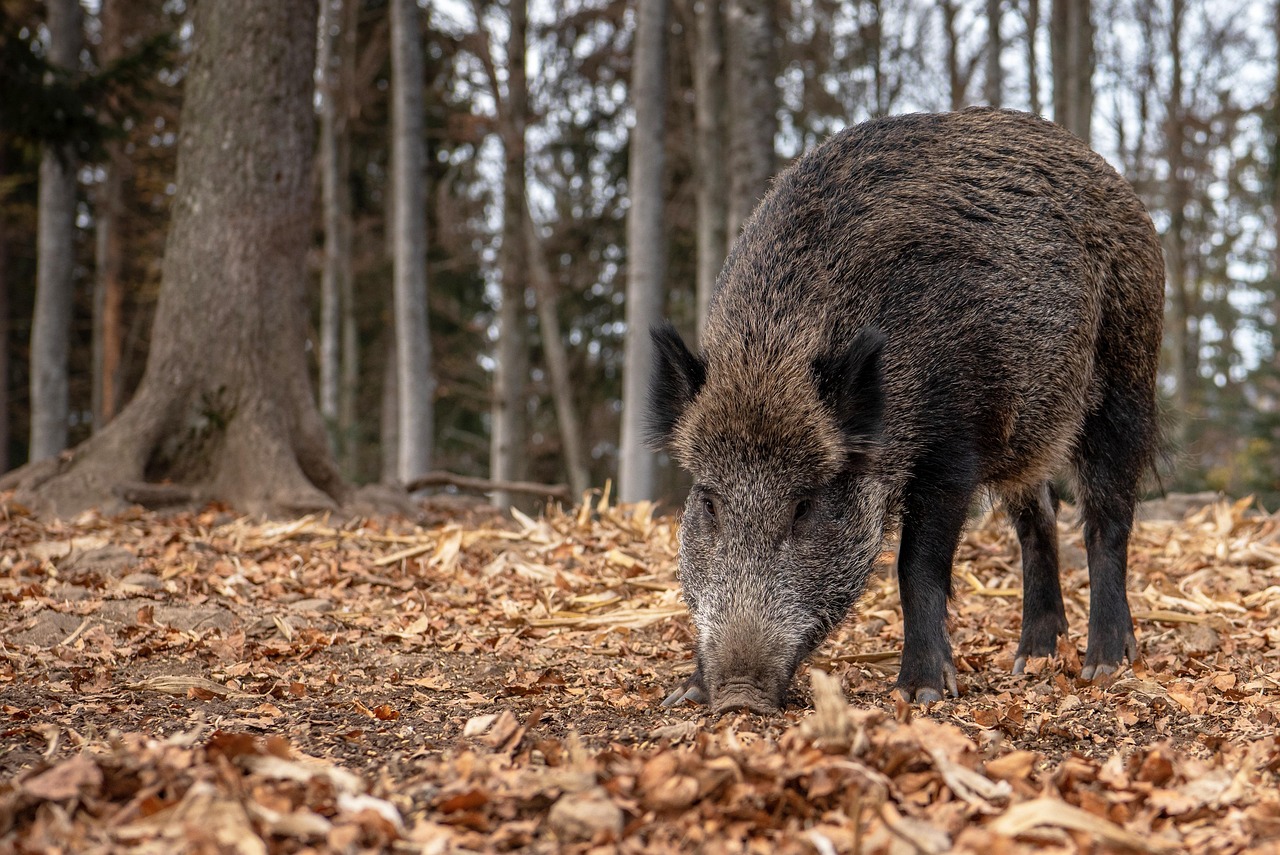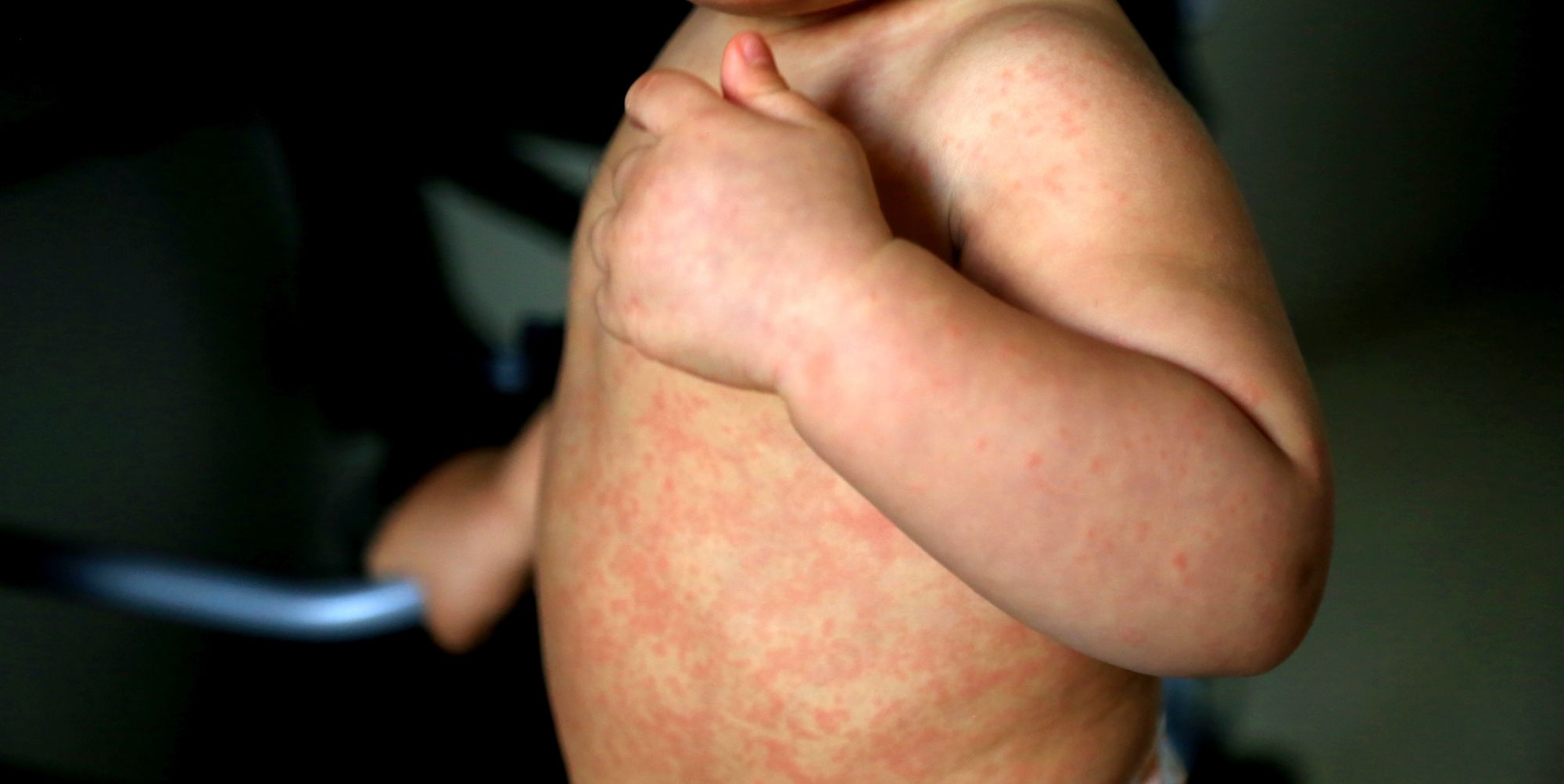A study in mice shows that periodic fasting may improve treatment for hormone-dependent breast cancer
A team from the Netherlands has shown in mice that intermittent periods of fasting can help in the treatment of hormone-dependent breast cancers. Furthermore, the same effects can be achieved through corticosteroid therapy. The authors, who published their findings in Nature, point out that long-term safety and efficacy in humans must be evaluated before clinical applications can be made.
